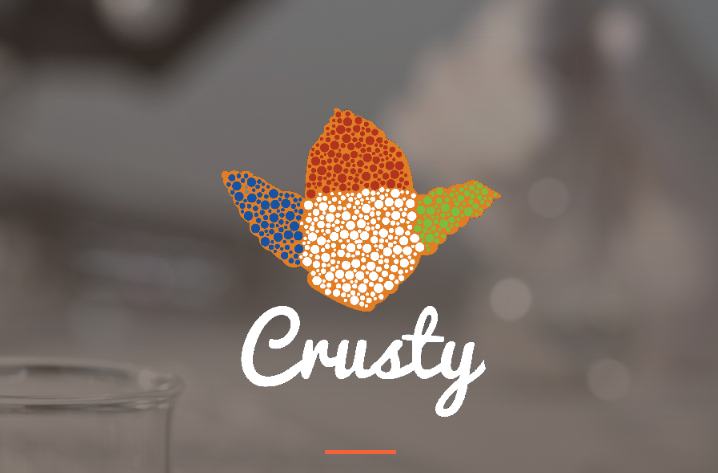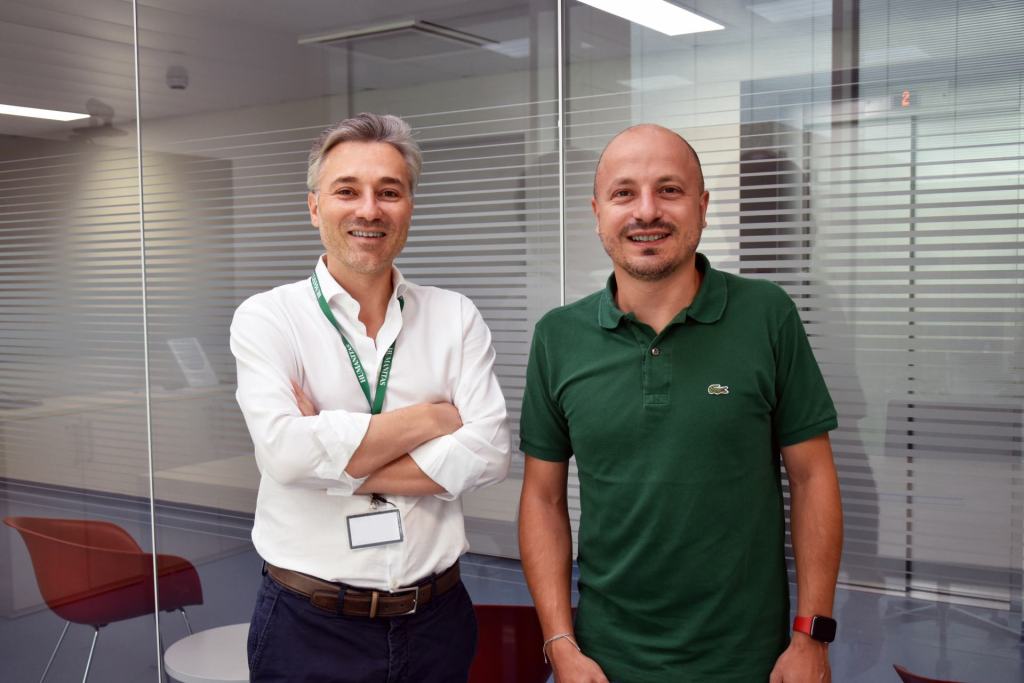A web-app for clustering flow cytometry data will accelerate research in immunology

Crusty, a new browser-based software developed at Humanitas Research Hospital, will make it easier and faster to analyze multidimensional data produced by flow cytometry instruments and promises to accelerate basic and translational research on precision immunotherapies
In a study published today in Nature Communications, a team of researchers led by Enrico Lugli – Group Leader at the Translational Immunology Lab of Humanitas Research Hospital and Head of the Flow Cytometry Core facility – presents a new web application for automated analysis of flow cytometry data.
Flow cytometry is a single cell technology that allows for the identification and separation of millions of cells in a biological sample, based on specific markers and in a matter of minutes. Its use in the laboratory and in the clinic, especially for diagnostic and predictive purposes in oncology and immunology, will become increasingly relevant due to new discoveries on the complex and varied role of immune cell subpopulations in cancer.
The web tool will help researchers and clinicians to properly extract information from cytometry data, reducing time and avoiding the need to access bioinformaticians skilled in multidimensional analysis techniques.
The software was made possible thanks to the fundings of the Loyd J. Old STAR Award from the U.S. Cancer Research Institute and was developed by Simone Puccio, a researcher and bioinformatician of the Italian National Research Council (CNR) based at the Laboratory of Translational Immunology, with further support for the design of the web interface from Giorgio Grillo, technologist at the Institute of Biomedical Technologies (CNR).

The complex dance between cancer and the immune system
Thanks to advances in immunology and cancer biology, we now know that the immune system, and inflammatory responses specifically, play an important role in the development and progression of cancer, as well as of many other diseases.
However, the immune system is extremely complex, composed of hundreds and hundreds of different cell types and subpopulations: to develop new therapies and biomarkers, we must first understand which subpopulations of cells contribute to tumor progression. This would allow for the identification of cells that can predict – when present in the tumor microenvironment – the evolution of the disease or that can be targeted for therapeutic purposes.
The role of flow cytometry
Flow cytometry is one of the few technologies that can address this challenge. Today it is capable of analyzing hundreds of samples in a few hours, identifying millions of cells based on more than 40 different parameters, and, if necessary, separating them for further analysis. However, these machines produce large amounts of multidimensional data, and only by applying advanced algorithms it is possible to identify those cells and biomarkers that are potentially implicated in the development of the pathology, whether for research or for diagnostic purposes.
This is where the web application developed by Humanitas researchers comes in. It was created precisely with the aim of distilling and making accessible in a simple and intuitive way the world-class expertise of Enrico Lugli’s group in the field of flow cytometry and immuno-profiling.
About Crusty, the online clustering app for flow cytometry
“The goal of Crusty is precisely to overcome the barriers that prevent the full potential of this technology from being exploited: clinicians and researchers can easily prepare and upload their data to the platform, following simple instructions, and get accurate and fast analysis,” says Simone Puccio, who designed the software and wrote the code. “The software not only identify the different clusters of cell subpopulations, but also generates high-definition images, helping researchers to further share and publish their scientific results.”
The name of the web platform refers to Krusty the Clown, the famous character from The Simpsons, because of the resemblance between his hair style and the classic shapes of clustering graphs produced by flow cytometry data.
“The future of the fight against cancer will depend on our ability to understand the complex geography of the tumor microenvironment, populated by an ecosystem of immune cells that perform different functions, some pro-tumoral and some anti-tumoral,” says Enrico Lugli.
“The ability to study biological samples and identify the presence of these populations through modern single-cell analysis techniques, such as flow cytometry, must become increasingly accessible, rapid and reproducible, even outside the narrow circles of experts in the use of these technologies. Crusty is the first step in this direction.”